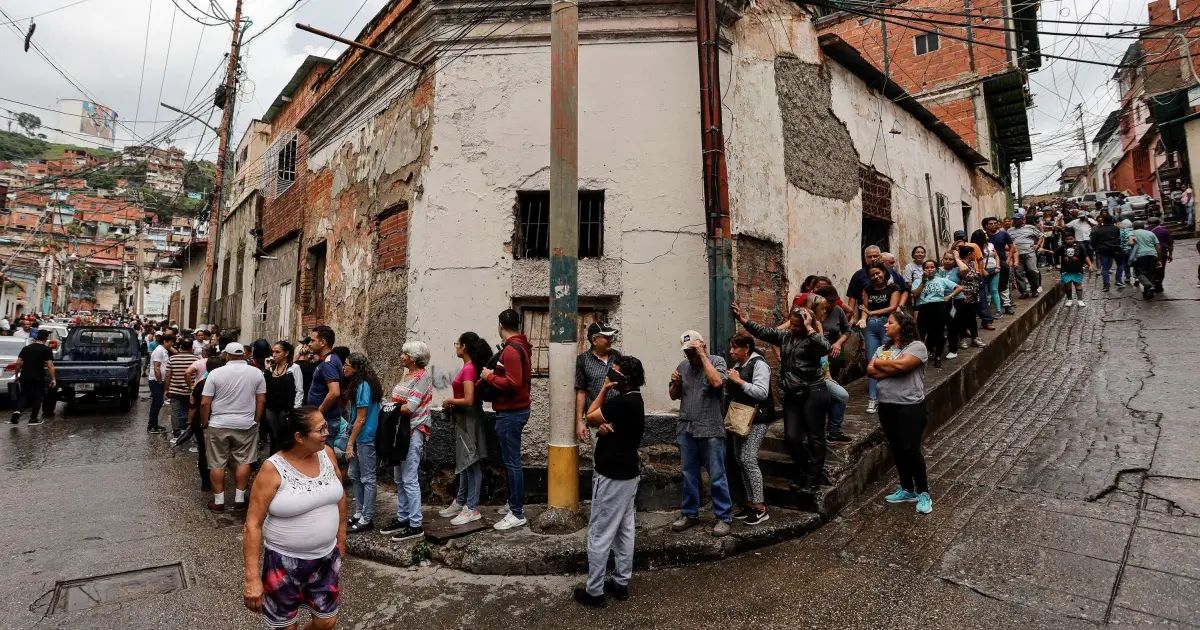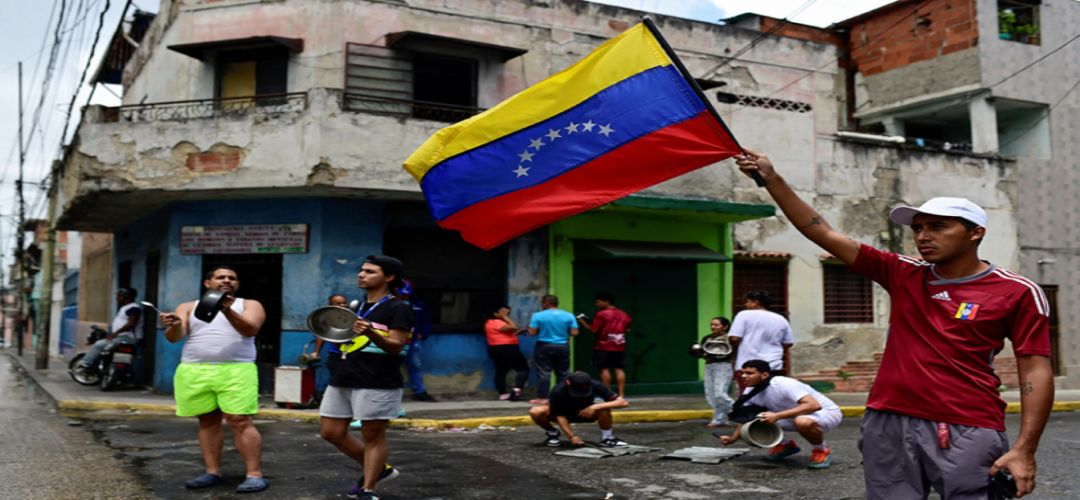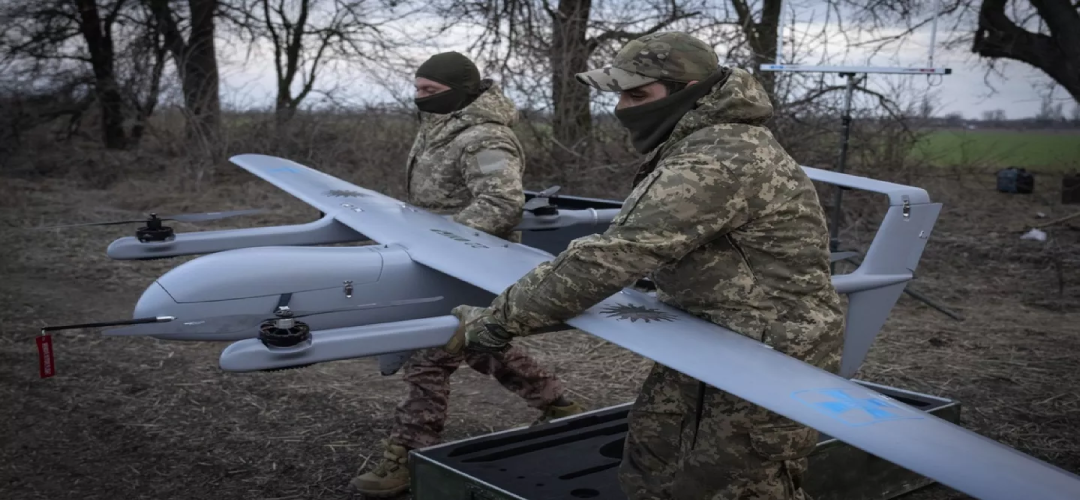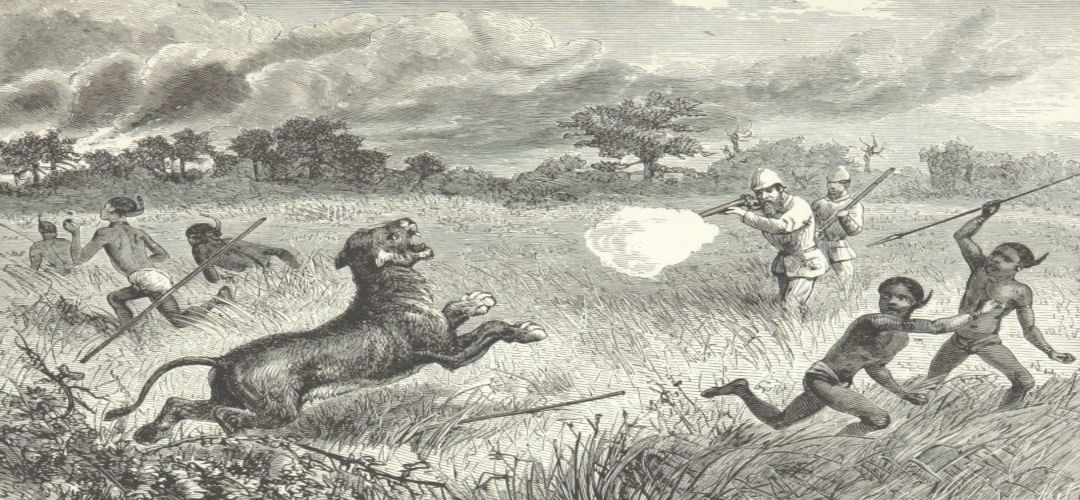The ongoing political upheaval in Venezuela is another worrying sign of democracy losing ground in the region.
Venezuela was again in the news but for all the wrong reasons. Last month’s presidential elections have added to the turmoil in this important Latin American country blessed with rich resources but abysmal leaders.
Early this month, the government appointed and controlled election commission granted President Nicolás Maduro his third consecutive term in office while the opposition claimed that their candidate, Edmundo González, was the real winner. The opposition claim was difficult to be brushed off without electoral data from polling stations.
Unsurprisingly, the U.S. and the EU, long opponents of the Madura regime, were quick to declare the elections rigged. Thousands of protesters blocked streets in Venezuela, and there were sympathy protests in other Latin American countries. Mr Maduro cracked down on the protestors, arresting over 2000, as per BBC reports.
Background
Over his long stay in power, Venezuelan President Nicolás Maduro has perfected the art of silencing dissent. Through a strategy called ‘Operation Knock-Knock,’ opposition activists are surreptitiously picked up and spirited away into detention. While not exclusive to Venezuela, as the practice has been prevalent for a long time in many authoritarian regimes of the region, Venezuela is no ordinary nation. Once the leading light for LATAM and home to legendary Simón Bolívar, who freed much of the continent from Spanish rule, the country sits on 18 per cent of the world’s proven oil with one of the largest geographical spaces in the continent.
The election’s legitimacy has been a growing concern for the International Community. Anthony Blinken, the US Secretary of State, has voiced his serious apprehensions, stating, “We have profound concerns that the result announced does not reflect the will or the votes of the Venezuelan people”. Leaders from the European Union, the United Kingdom and several Latin American nations have sounded the alarms about the dire politically motivated situation in Venezuela. Gabriel Borc, Chilean President, has also demanded unfettered access to voting records, further enhancing scrutiny over the integrity and legitimacy of the electoral process. Mexico and Columbia have joined the US and others in asking for a thorough, transparent, comprehensive breakdown of the election vote count- an unheard-of request from diplomatic quarters.
The only opposition with a voice has its leaders, María Corina Machado and Edmundo González, now facing investigations for “incitement to insurrection“ after they requested security forces to join the Venezuelan citizens as opposed to suppressing the voices of the protesters.
In 2020, President Trump placed a $ 15 million bounty on Maduro and socialist party boss Diosdado Cabello, head of the rubber-stamp constitutional assembly, for conspiring with Colombian rebels and members of the military “to flood the United States with cocaine” and use the drug trade as a “weapon against America.

Analysis
Very similar to a dragnet that catches all in its path, the fallout of the elections has affected even the non-political actors of the state, reducing the nation to fearmongering and repression. Several leaders have accused President Nicolás Maduro of violating the basic Human Rights of his citizens. Instead of heading to the domestic and international calls for change, Maduro responded in a conspiratory fashion, suggesting the presence of an international ‘fascist’ conspiracy that intends to topple his regime; he stretched it so far as to call it WhatsApp ‘spying’ on Venezuela.
Maduro’s rule has been instrumental in contracting the Venezuelan economy by 80 per cent in less than ten years, plunging 53 per cent of the population into extreme poverty. The Americas have witnessed the largest migrant exodus because of the nation’s economic collapse.
Despite a dying economy, hyperinflation, severe shortages of essential goods, the overall deterioration of public services, a crumbling domestic policy, and very little international support, Maduro claims a popular mandate. The current situation illustrates Venezuela’s precarious position, teetering on the edge of an abyss, where each political misstep could send the country further into chaos, with far-reaching consequences both within and beyond its borders.
There are growing concerns among the Venezuelan neighbours that the ongoing unrest will push ever more economic migrants into their territories, turning their internal situation volatile. As per UNHCR figures, by the end of 2023, the Americas was host to over 7 million Venezuelan refugees and migrants, an increase of 661,800 from a year earlier.
Pushed to a corner by Western sanctions, Maduro can initiate seriously irrational actions; last December, he was ready to invade neighbouring oil-rich Guyana, threatening the creation of a military zone to be carved out of the Essequibo region, which accounts for three-quarters of Guyana’s current land mass.
Geopolitics have been at play in Venezuela; Russia was quick in supporting Maduro, docking warships in its ports and reinforcing its military and strategic support. Iran has also expressed support by facilitating the processing and laundering of Venezuelan oil exports, circumventing US sanctions that were imposed in 2019. This intricate web of international involvement underscores the broader geopolitical stakes entwined with Venezuela’s political turmoil.
Assessment
- The July 28th Elections were being looked at as a turning point for Venezuela, with high hopes for democratic processes to emerge as the winner. Sadly, this has failed to happen, and the blighted country is in worse shape than before it went for elections. The election’s outcome has intensified regional instability—exacerbating migration crises and economic disruption.
- Regional rivalry, especially with Colombia, does not help matters as Maduro tries to exploit a seize mentality amongst his supporters. It is no secret that the Western powers would be happy to see the back of Mr Maduro and would likely be supporting it materially. Russia, China, and Iran’s invitation to the region has caused geopolitical stirs among regional democracies. In sum, it is a perfect volatile mix, ready for an explosion.
- A multilateral solution to the crisis will heavily rely on bilateral or ad hoc diplomacy, which needs clarity on the path forward.




